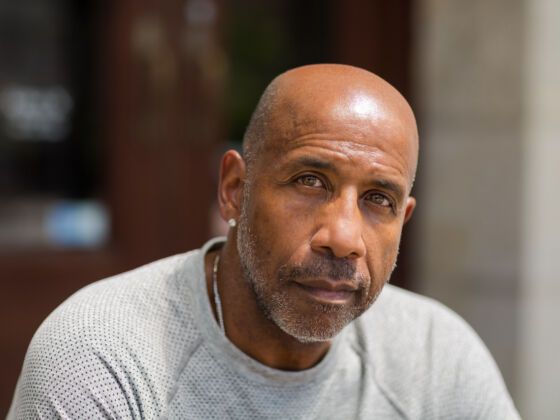Most of us have seen the movie Fight Club. When it hit theaters in 1999 with an unbelievably carved Brad Pitt and ingeniously beleaguered Ed Norton, author Chuck Palahniuk found himself with a giant, rabid, new fan base dedicated to Tyler Durden and his philosophy.
Avowing anti-consumerist ideas and an explosive refusal of passive acceptance, Durden led the other characters into a violent awakening and encouraged audiences’ vicarious participation.
